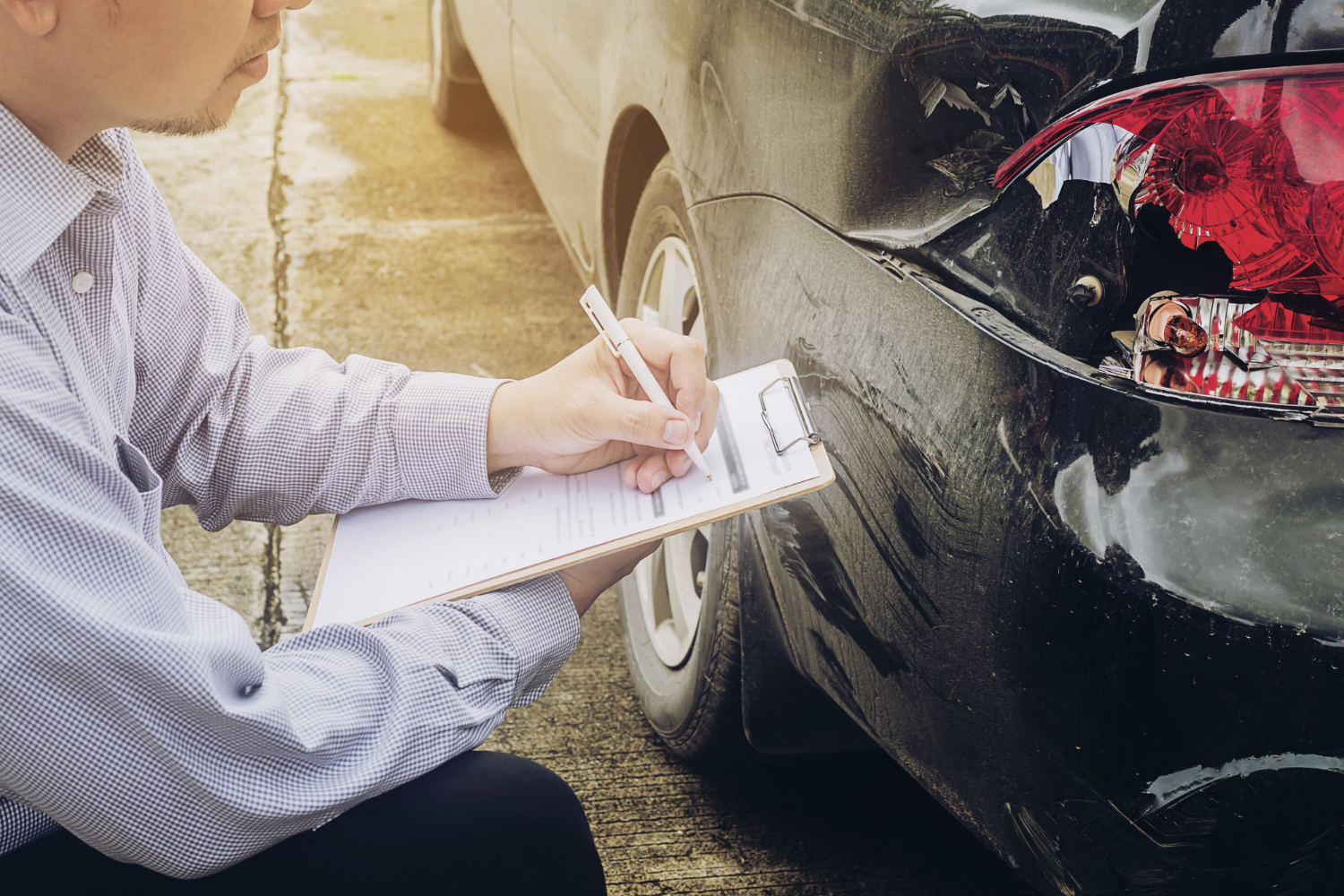
All car owners are required to purchase comprehensive general liability insurance. The insurance provider will investigate the collision to establish liability when a claim is made against the at-fault driver.
They will use evidence from the crash, such as photos or videos, eyewitness testimony, and more. They will also examine your vehicle damage to assess if you are entitled to compensation.
What You Need to Kn
If you’re involved in a car accident, keeping certain things in mind is essential. In particular, the role of insurance companies in car accident claims is essential to understand.
In New York and most other states, drivers must carry liability insurance. If two drivers with liability policies get into a wreck, their insurers will independently investigate the crash and determine which was at fault. Sometimes, the fault may be shared, and each driver will pay for half of the other’s damages.
Insurance companies are known to push boundaries when investigating a claim, and they prioritize their financial interests. For this reason, it’s often best to talk to them only after you’ve consulted an experienced personal injury lawyer. It’s also good to check your policy to ensure you know your coverage’s details.
What to Do After the Accident
Car accidents can be upsetting and confusing for everyone involved. Whether you’re injured or not, taking specific steps after an accident is crucial to protect your rights and get your life back on track as soon as possible.
The most important thing you should do after any crash is call the police. It creates an official police report confirming what happened that can help determine fault later on. You should also take photos of the scene and your damage. It’s a good idea to write detailed notes about what you saw and heard at the scene, including witness names and contact information.
If the other driver is at fault, their insurance company will cover your vehicle and medical bills up to their property damage liability limits. However, if the insured is uninsured (required in a few states), you must file a claim with your insurer for underinsured motorist coverage (UIM). They will then cover your damages up to your UIM policy’s limits.
How the Insurance Company Will Investigate Your Claim
After you file your claim, the insurance company will send an investigator to investigate your crash. This person will collect details about the accident, including the time of day, location, and other facts that can help determine fault. They will also collect physical evidence, like photos of property damage and witness statements. They will also review hospital bills, medical records, and other financial evidence, such as proof of lost wages, if applicable.
They will interview you, other policyholders involved, and witnesses to the accident. They will also examine your vehicle and other cars involved in the accident, including their make, model, and year. They will also examine the weather and road conditions during the collision.
Insurance companies are businesses that strive to make a profit. That is why they have a strong incentive to find reasons to deny or pay less on your claims. It can include searching your social media for evidence that your injuries are not as severe as you claim or that you were doing activities before the accident.
What to Expect from the Insurance Company
Insurance companies often try to lowball your damages by misinterpreting the information you give them or downplaying your injuries. You must be honest with the claims adjuster; however, it’s important to limit what you share beyond the facts of your case. For example, it’s best not to mention that you had a beer two hours before the accident or were intoxicated during the crash.
Similarly, it’s generally not wise to reveal details of your medical history or employment records to the insurance company. These documents may be used to challenge the validity of your claim and could delay the processing of your compensation.
You’ll also need to pay your deductible, which you must pay before the insurance company pays on a claim. The insurance company may sometimes hold this amount from your claim until the at-fault driver reimburses them. This process is known as subrogation.


